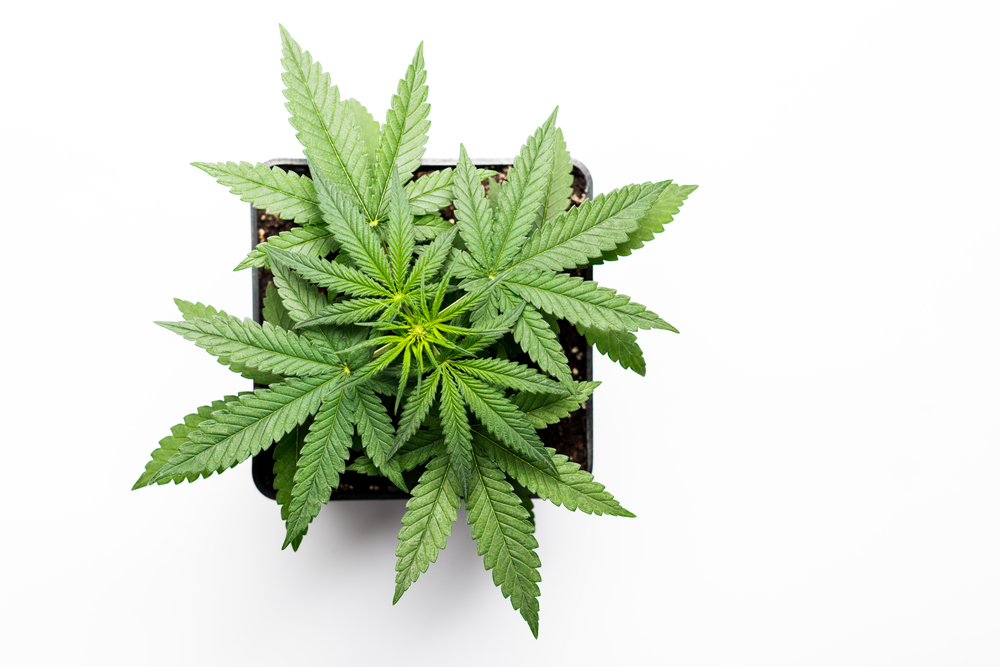One such change the cannabis industry is wrestling with is the name itself.
The term “marijuana” was once the name predominantly used to describe the plant. Yet as the business legitimizes, it is shifting toward “cannabis” for a number of reasons.
Many in the industry don’t believe that marijuana will or should go away. Yet in a shifting landscape, the term is trending down in usage while cannabis surges.
‘A Nuanced And Evolving Discussion’
Peak Extracts CEO Katie Stem is one opponent of the term marijuana. Stem’s primary reason for using cannabis instead is that it is simply correct, she said.
Shanel Lindsay, founder and president of cannabis decarboxylation company Ardent, also said cannabis is the word used by the science community. “They want it to be a scientific term because cannabis has been so stigmatized as not being scientific.”
The word cannabis has been used for thousands of years and dates back to ancient civilizations and philosophers like Heraclitus.
Marijuana has racial undertones, Lindsay said.
In modern American culture, cannabis rose to prominence in the early 20th century in the arts community.
A wave of narcotics addiction spread across the globe in the 1920s and 30s. Marijuana would become erroneously associated with it — a sentiment that is finally fading.
The term marijuana, a slang term for the plant used by Mexicans, became demonized and synonymous with racist sentiments toward people of color.
Massachusetts first banned the plant in 1911. The movie “Reefer Madness” would shock the public with misinformation in 1936. And it would be federally prohibited in the U.S. the following year.
Harry Anslinger, the first commissioner of the Federal Bureau of Narcotics, led the fight against marijuana for three decades. Anslinger’s fearmongering included saying that smoking the plant would lead to violence against family members. But his most egregious platform was the false association between cannabis, the arts and black people.
In one of his many racist quotes, Anslinger said: “Reefer makes darkies think they’re as good as white men.”
While both marijuana and cannabis are in use as the industry evolves, some believe there is no place for the former word at all in 2019.
The debate is far from over, and it’s one that involves people who are reclaiming a word that hurt them, said Ardent’s Lindsay.
“It’s a nuanced and evolving discussion for sure,” she said. “But understanding that people of color and disenfranchised groups have been the victims of the war on drugs and overenforcement is important. When they choose to use the word marijuana over cannabis, that should absolutely be respected by anybody.”
Marijuana Not Going Away With Consumers
It’s a lesson some are learning as the industry evolves. Brad Bogus, vice president of growth and marketing at Confident Cannabis, is one of them. Upon entering the industry, he said he believed that cannabis was the only proper term due to the racial undertones of marijuana. After speaking with more people in the industry he came to share Lindsay’s sentiment.
Many continue to use marijuana due to it being a colloquial term or a simple lack of knowledge.
KCSA Worldwide Managing Partner Lewis Goldberg said both terms are needed.
“My job is to help communicate the professional side of the industry,” he said. “But it would be completely disingenuous to say that people don’t smoke marijuana, that they only smoked cannabis.”
This perspective may lead to certain parts of the country more or less shifting to using cannabis while others continue to use marijuana.
Confident Cannabis’ Bogus said he believes cannabis will become the predominant term.
“The usage of the word marijuana will be sort of relegated and maybe find honor and discussions about its history that … highlight the different cultures in cannabis.”
The ETFMG Alternative Harvest ETF (MJ) was trading at $35.74 per share on Thursday afternoon, down $0.93 (-2.54%). Year-to-date, MJ has gained 9.89%, versus a 3.21% rise in the benchmark S&P 500 index during the same period.
MJ currently has an ETF Daily News SMART Grade of C (Neutral), and is ranked #59 of 75 ETFs in the Global Equities ETFs category.
This article is brought to you courtesy of Benzinga.

